Parsa National Park, a natural area well known for its wealth of biodiversity and scenery, is located in southeastern Nepal. More than 1,000 square kilometres provide tourists with a view of luxurious forests, rolling hills, and scenic grasslands. It is the dwelling place for some significant endangered species, such as the Bengal tiger and one-horned rhinoceros. In addition, the park includes conservation works that offer ecotourism besides providing a view of Nepal’s natural heritage.
Location
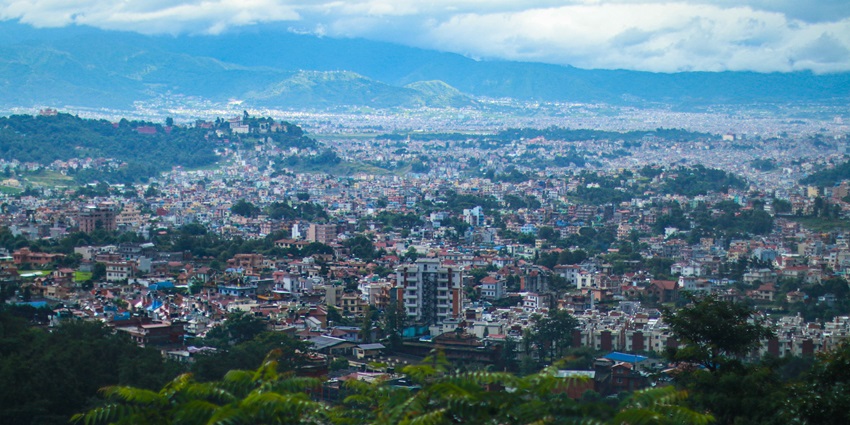
Photo: Owlf / Wikimedia Commons
Parsa National Park is located in the northern region of Kathmandu. It was established as a wildlife reserve in 1984 and received national park status in 2017. Since then, it has been a major tourist attraction in Nepal and is visited by people across the world.
Suggested Read: Guide To Royal Chitwan National Park Nepal
How To Reach Parsa National Park
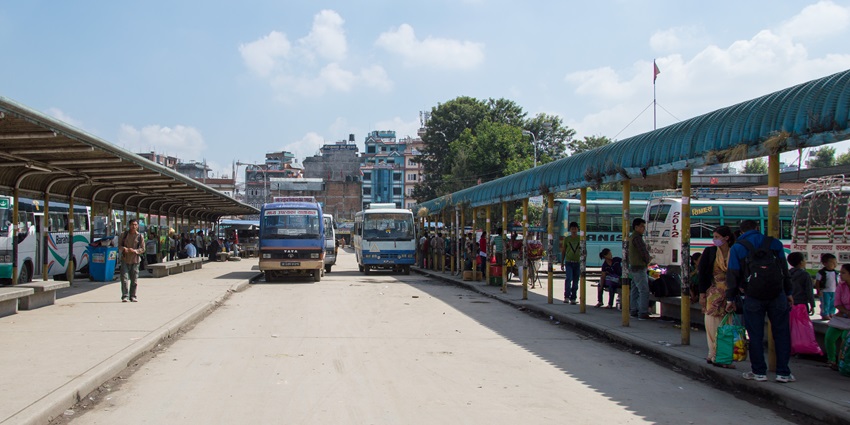
Photo: Sergey Ashmarin / Wikimedia Commons
Parsa National Park can be conveniently reached by air, road and rail, making it a popular choice for travellers arriving at this park:
By Air: The nearest airport to Parsa National Park is the Simara Airport. From here, you can travel to the national park by taxi or bus.
By Road: Local buses offer a budget-friendly, comfortable, and time-efficient way to travel from different locations to Parsa National Park.
By Rail: Kathmandu Junction Station is the closest to Parsa National Park. From there, tourists can rent cars or travel by bus to the park.
Places To Visit Around Parsa National Park
Here’s a list of places to visit around the beautiful park after exploring Parsa National Park activities:
1. Kathmandu Durbar Square

Photo: Alexander Shafir / Wikimedia Commons
Kathmandu Durbar Square is an ancient city centre holding examples of traditional Newari architecture and craftsmanship. This UNESCO World Heritage Site has several intricately carved temples, ancient palaces, and bustling courtyards. The Kasthamandap Temple, which is hewed from a single tree, and the Hanuman Dhoka Palace, which has ornate wooden balconies, are some of the top attractions in this location. Traditional festivals, cultural performances, and the lively bazaars around the square give glimpses of Kathmandu’s rich history and high-spirited ambiance.
Timings: 10 AM – 5 PM
Entry Fee: Starts from NPR 100 / ₹62 (other costs may vary)
Suggested Read: Top Nepal Water Parks That Provide A Thrilling And Exciting Ride
2. Gokarneshwor Temple
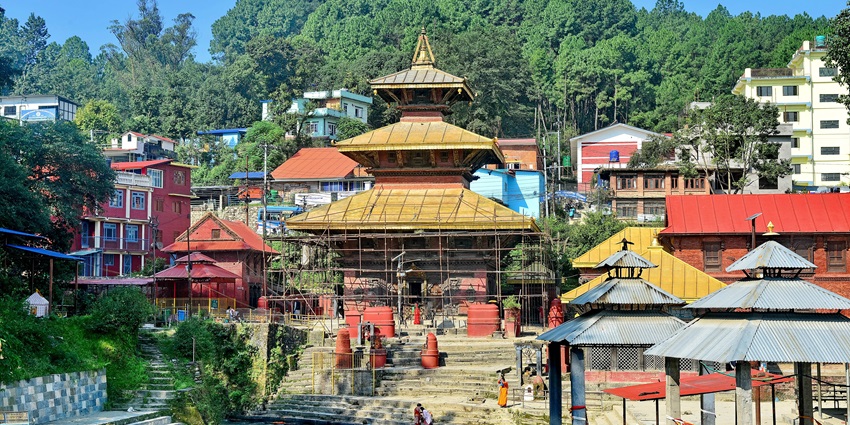
Photo: Rajesh Dhungana / Wikimedia Commons
Gokarneshwor Temple lies in the peaceful area of Gokarna, Kathmandu, and is a sacred Hindu shrine of Lord Shiva. The temple is styled in pagoda architecture and is situated on the banks of the sacred River Bagmati. This is a highly sought-after pilgrimage spot, especially at the time of the Shivaratri festival. Thousands of worshippers throng to this spot to offer prayers and worship ritualistically. The silence and historical importance make Gokarneshwor Temple a vital cultural and religious icon in Kathmandu.
Timings: 4 AM – 7 PM
Entry Fee: Free
3. Patan Durbar Square
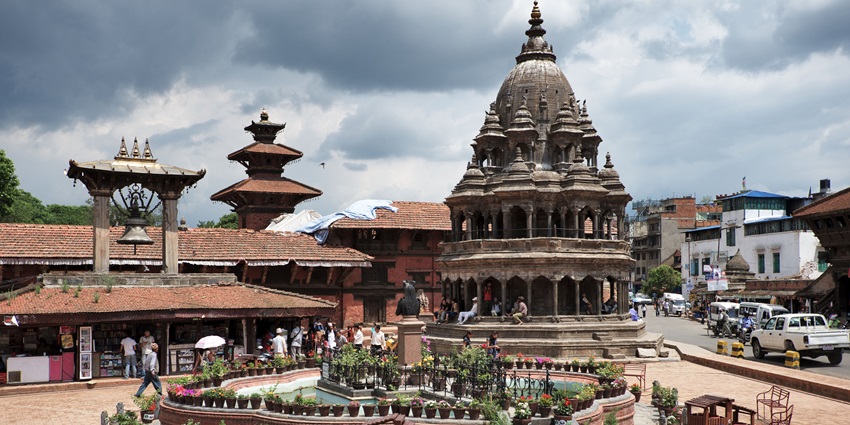
Photo: Alexander Shafir / WIkimedia Commons
Patan, or Lalitpur, is a place famous for its beautiful temples and extremely well-preserved architecture. Of the places to visit here, the most outstanding would be the Patan Durbar Square. It consists of beautiful temples such as the Hiranya Varna Mahavihar and the Mahaboudha Temple. Its artistic past lives in the form of intricate woodwork and fine bronze statues. Patan is also filled with museums, art galleries, and lively markets, making it an interesting place to observe Nepalese culture and art.
Timings: 10 AM – 10 PM
Entry Fee: NPR 250 – NPR 500 / ₹156 – ₹312
Suggested Read: Top Places To Visit In Nepal For Couples
4. Hanuman Dhoka Square
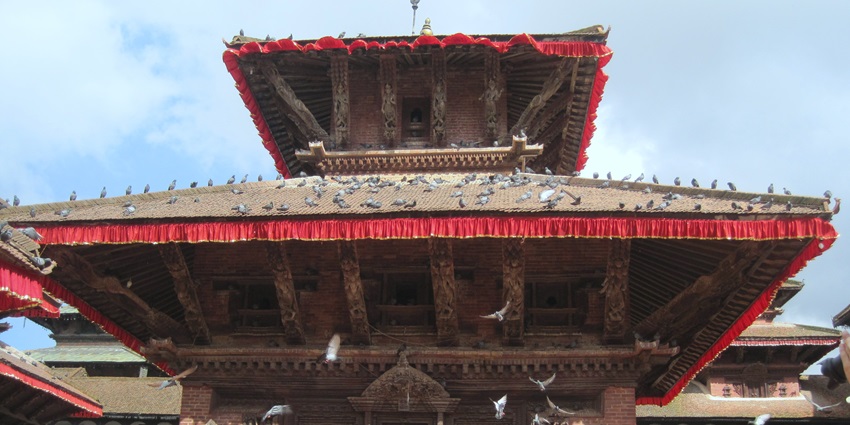
Photo: Nimesh Babu Oli / WIkimedia Commons
Hanuman Dhoka Square is a colourful, ancient square in Kathmandu, Nepal. This district is named after the Hindu monkey god Hanuman and is noted for its fine architecture and ancient temples. It consists of an open square with the Hanuman Dhoka Palace, which is the former royal residence of the Malla kings, along with other historical buildings. Ornate wood carvings, traditional Newari design, and the bustling atmosphere of the place make Hanuman Dhoka truly interesting. It offers a glimpse into Nepal’s rich cultural and architectural heritage for all history enthusiasts and travellers.
Timings: 9 AM – 5 PM
Entry Fee: Free
Where To Stay

Photo: Pixabay / Pexels / Image For Representation Only
Parsa National Park has many nearby accommodations that suit different budgets and tastes. Some recommended places are Hotel Forest Lake, Shabta Ghar, and Hom’s Homestay. For a good, hassle-free experience, ensure you book in advance, consider proximity to the local attractions, dining options, and public transport.
Suggested Read: Adventure Sports In Nepal For Every Adrenaline Junkie
Where To Eat
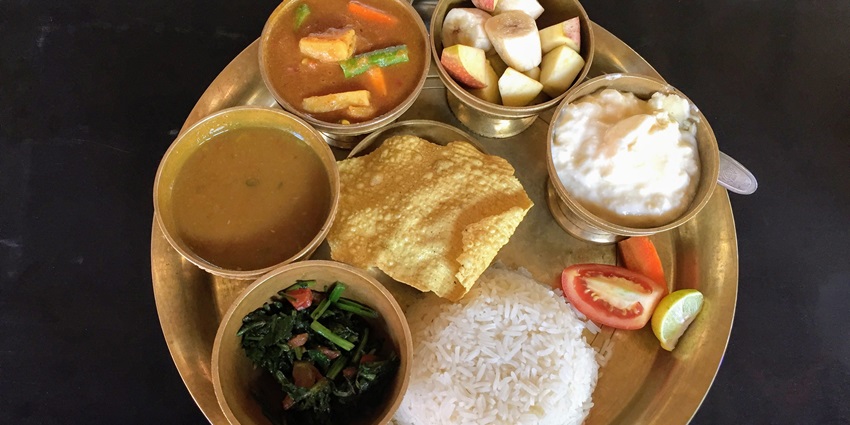
Photo: Subhashish Panigrahi / WIkimedia Commons
Enjoy savouring food at Third Eye Restaurant, Nepali Chulo Restaurant, and Nepalaya Rooftop Restaurant. Visitors can taste local flavours by indulging in regional specialties. This allows a new culinary addition to your taste buds while exploring Nepalese cuisine.
Best Time To Visit
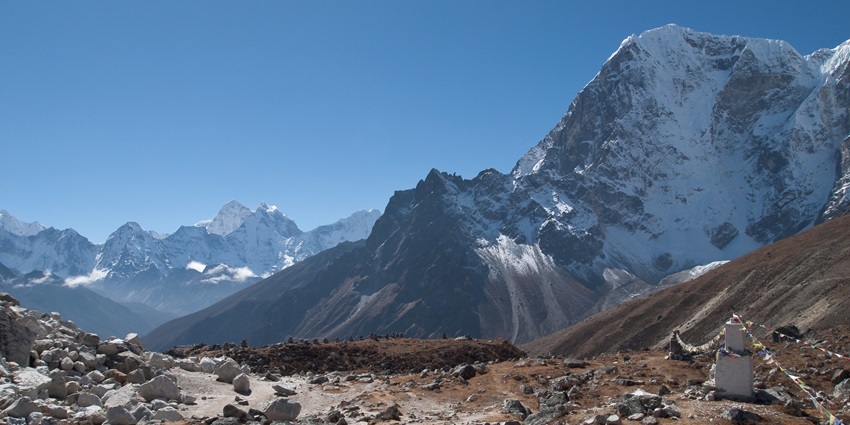
Photo: Vyacheslav Argenberg / WIkimedia Commons / Image For Representation Only
The best time to visit Parsa National Park is from October to February when the weather is pleasant and cold. This is the most suitable time to explore the national park and the nearby attractions. Tourists can comfortably enjoy their trip in this weather in these months as far as Parsa National Park timings are concerned.
Suggested Read: Top Things To Do In Nepal
Other Factors To Consider
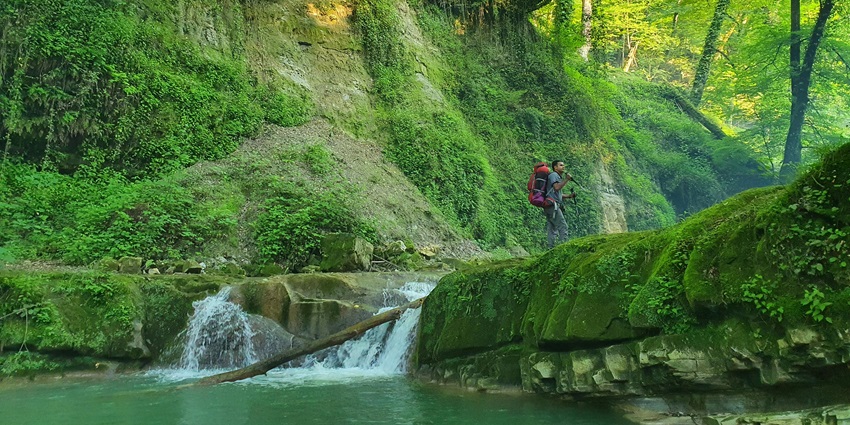
Photo: mohsen atamanesh / Pexels / Image For Representation Only
Parsa National Park ticket price ranges from NPR 1000 – NPR 1500 / ₹620 – ₹930. However, costs may vary depending on other facilities.
Tips For Travellers
- To plan your visit, book in advance and pack accordingly with light, breathable clothing and essentials.
- Respect the environment around you when taking Parsa National Park photos.
- Do not litter inside the national park.
- Explore nearby attractions. You can take guidance from locals.
- Use local transport, and be environmentally responsible.
Parsa National Park is the second largest national park in Nepal and is a testimony of the nation’s commitment to conserving natural heritage and biodiversity. This national park is home to various ecosystems, and numerous forms of wildlife contribute to global conservation and unbounded opportunities for eco-tourism. So, what are you waiting for? Plan your dream getaway with TripXL and explore this stunning park.
Cover Photo: Adhish dulal / Wikimedia Commons


 WhatsApp
WhatsApp
 Twitter
Twitter









